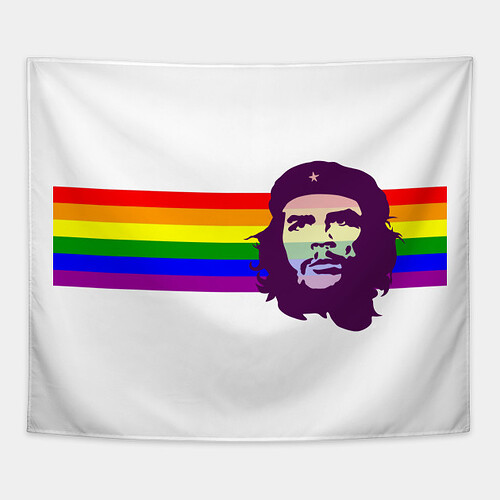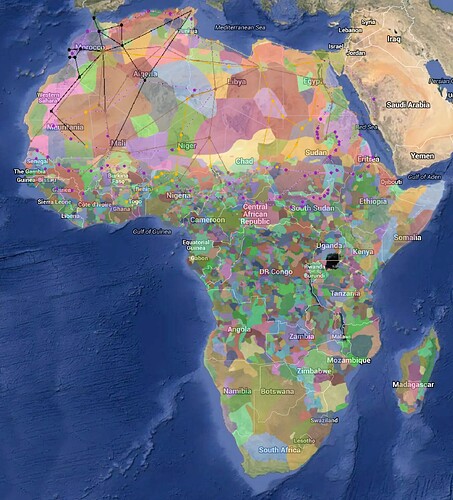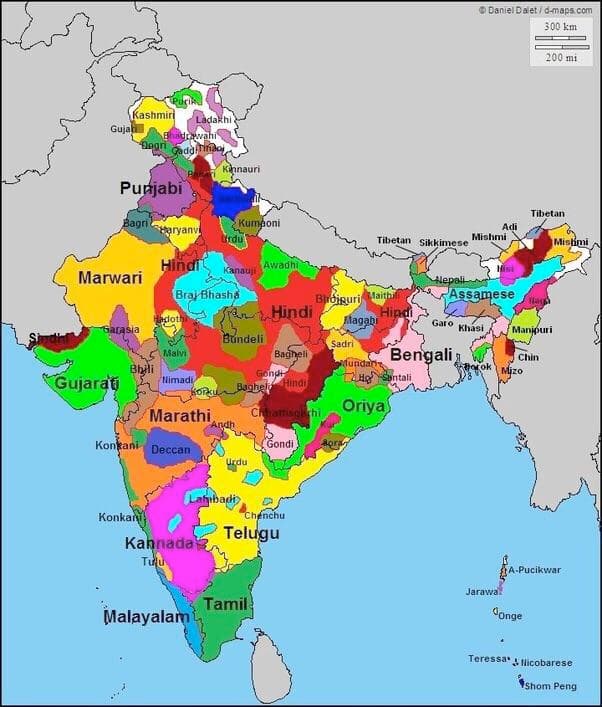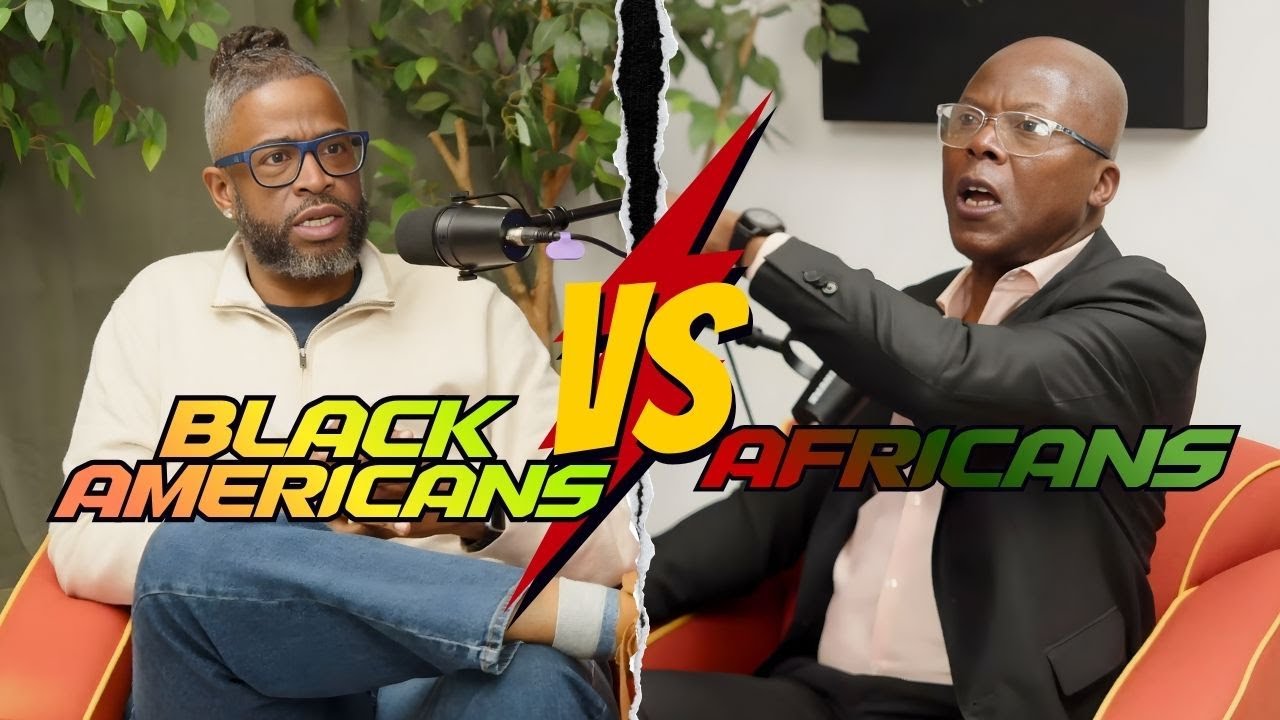chuckles in South African
Mandela was “successful” because he stayed out of white people’s and, therefore, the economy’s way. The economy boomed throughout the 90s/00s because the ANC bigwigs were bought out by big business and sanctions had been lifted. You must understand that South Africa had an incredibly diversified economy that would have moved along fine through the 70s and 80s had the West not betrayed it. Incidentally, it collaborated with Pinochet in a number of commie-busting initiatives.
In some respects, the West turning on it was even a blessing in disguise because it forced the country to start developing its own industrial capacity in various areas. Mandela was basically handed a Ferrari with an empty tank and a big outstanding vehicle loan. He’d have to have worked REALLY hard to screw it up.
The reason socialism is so popular in Africa is it because it resonates deeply with black African culture. You just have to read up on the philosophy of Ubuntu which Mandela and Desmond Tutu popularised to see what it’s all about. African tribal culture is all about the collective.
To wit, South Africa is coming up to three decades of thievery, corruption, crime, homicide, infant rape, cannibalism, a near completely-collapsed civil service, failing public healthcare, daily blackouts of between two and six hours and yet only NOW in 2024 will the ANC be facing its first serious threat of losing its outright majority in parliament despite inequality being higher than it ever was under apartheid.
Think about that. It doesn’t have a FPTP electoral system. It’s fully PR. What country can you name anywhere in the world where a single party holds an OUTRIGHT majority in a fully PR system? I’ll wait.
So, why, you might ask, does the electorate keep returning a literal mafia organisation (if you run for office of your local ward, there’s a good chance you will wind up dead because you’re interfering with the piggies at the trough) to the corridors of power when they invariably turn around and screw those that voted for them the most?
In the run-up to the 2019 election, the Institute for Race Relations, which is a liberal think tank that’s been going for 93 years, published data of survey data which they had collected pertaining to voting patterns. It showed the following party support:
Bear in mind that South Africa’s demographics break down as follows:
Blacks: 80%
Coloureds (mixed-race, and no, I will not accommodate the sensibilities of uppity first-worlders here): 8.5%
Whites: 8%
Indians/Asians: ~2%
ANC [Democratic socialists]: 96% of support came from blacks
DA [SocDems originating as apartheid-era opposition party in whites-only parliament]: 27% black, 37% white, 28% coloured, 8% Indian
EFF [Bastard ANC offspring Leninist NazBols]: 97% black, 1% white, 3% coloured, 0% Indian
ANC/EFF combined took 80% of the black vote, 5% of the white vote, 16% of the coloured vote, and 13% of the Indian vote.
By contrast, the DA took 7% of the black vote, 69% of the white vote, 69% of the coloured vote, and 60% of the Indian vote.
There is no better evidence that cultural and economic values are split down racial lines than that polling data.
But to further hammer home the point I am about to make, you need to understand the historical voting patterns. In the days when the ANC was receiving 65+% of the vote (yes, really), they were doing so with the support of large chunks, if not majorities, of the coloured and Indian vote as they too had been marginalised under apartheid. But, as you can see, they have abandoned the ANC and now vote in the same proportions as whites with whites.
So, what gives? What’s up with the blacks? What is preventing them from switching their vote?
And here is the crux of the matter. In the black mind, a vote isn’t the empowerment of a representative to better your life. That is too self-interested. It is simply a declaration of your allegiance. Switching your vote from the ANC to the DA would be akin to switching from being a Man U supporter to being a Liverpool fan. Or converting from Judaism to Islam. It would be a betrayal of a kind that the black mind simply cannot fathom.
And why would this be the case? I shall elucidate. You see, if you are a black African as little as 130 years ago, you would be running around in animal skins with no woven textiles, no wheels, no reliable food sources, the tribe over in the next valley trying to kill you and steal your women; if you abandon the tribe or you do something which threatens intra-tribal stability, you die. You either starve to death, or are eaten by lions or killed by another tribe who comes across your wretched path. The tribe is life. The tribe is you. It is better to live under abusive tyranny (Shaka Zulu killed between a million and two million blacks long before whitey was a factor) than to find oneself alone in the bush which is a fate worse than death…followed by death.
Which brings me to the topic in question. Socialism is so popular in Africa because socialism is the tribe writ large. A bunch of collectively-conscious cattle looking for redistributionist strong men to herd and direct them. It is why democracies have failed from Pretoria to Accra and why Africa remains a skip conflagration.
PS. You guys think Chilenos are bad? I went out walkies during the protests and got shot in the hand with a balín. That’s how tame I see them. Chilenos are rank amateurs when it comes to destructive politics and protesting.









